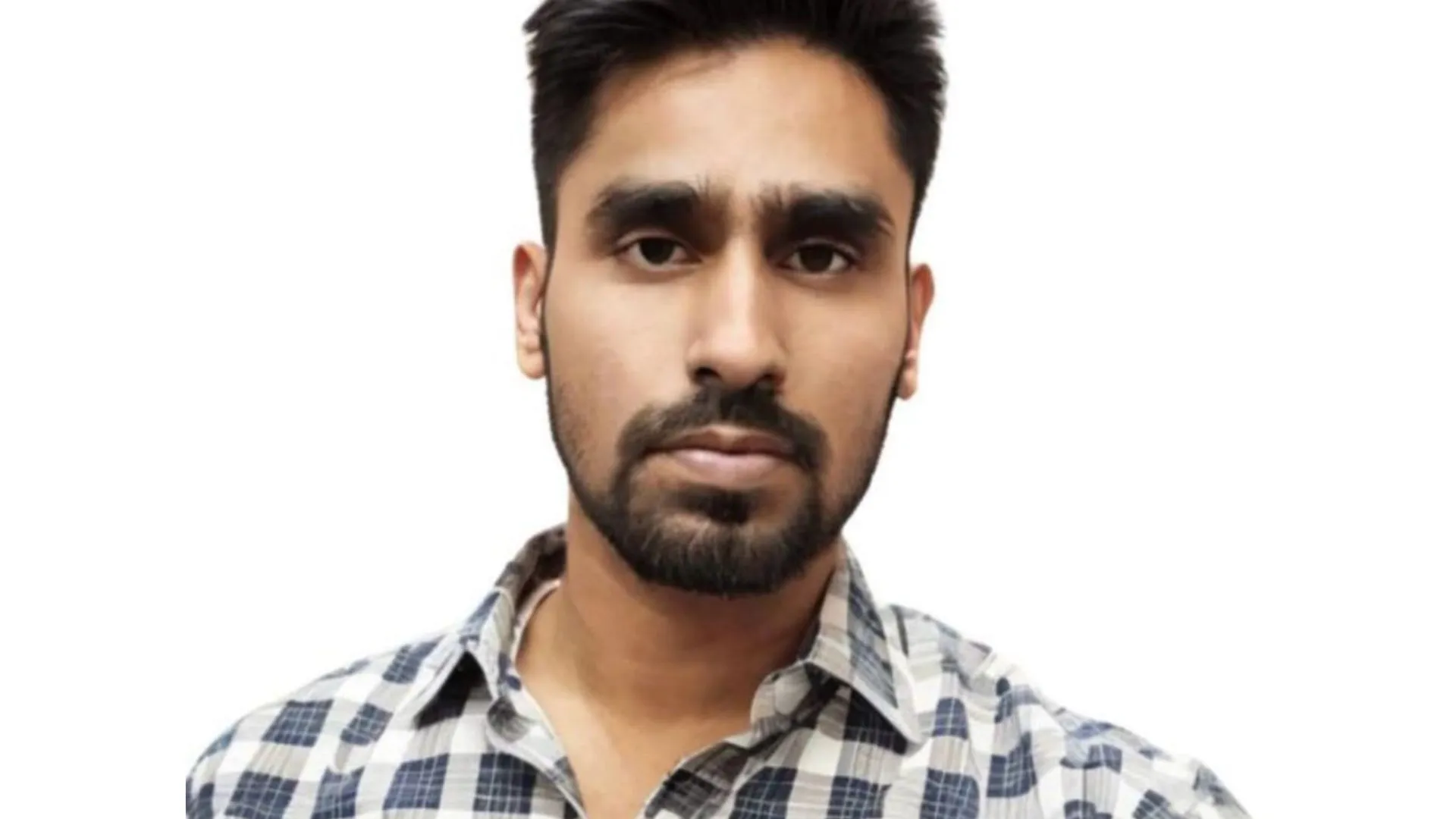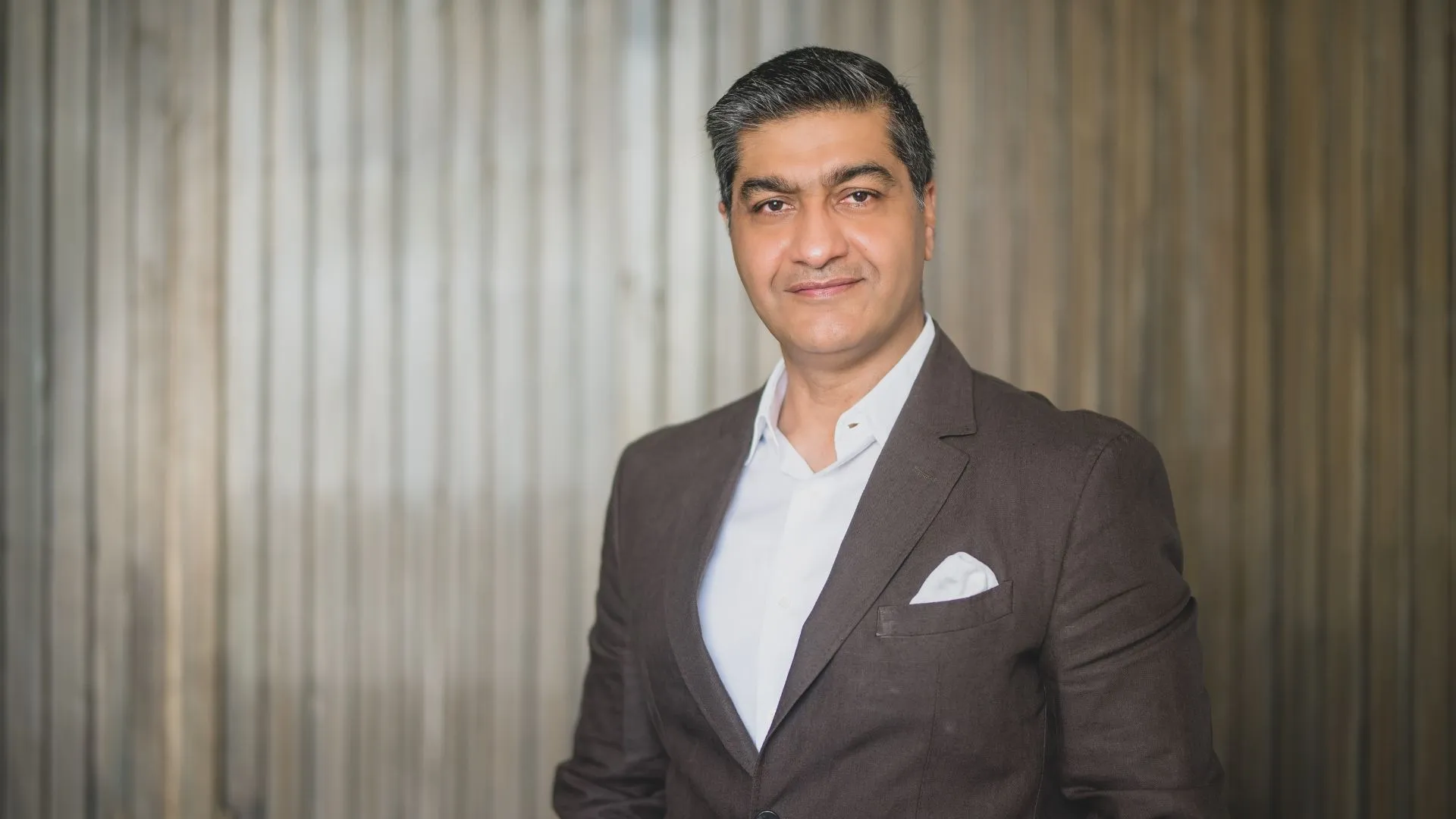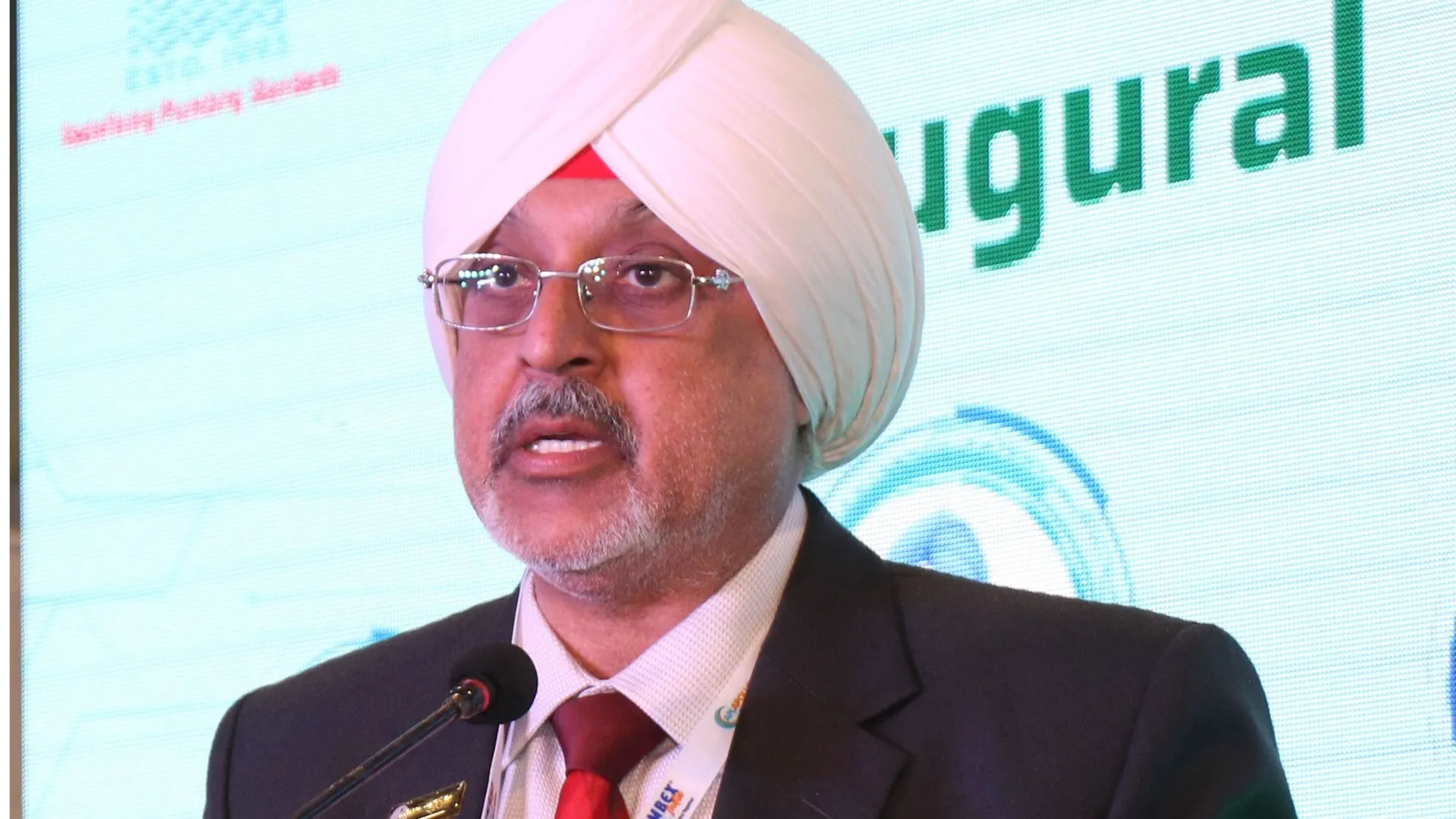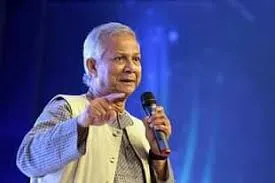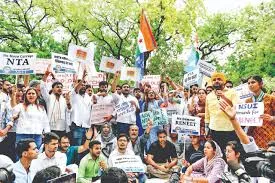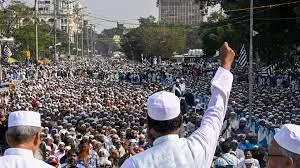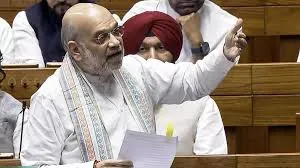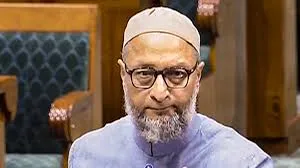Rekha Gulabani was diagnosed with breast cancer in late November 1997, her treatment at B.R.A InstituteRotary Cancer Hospital, AIIMS began the following month. After undergoing six chemotherapy sessions and operation in April, her treatment got completed in December 1998. It’s been over two decades Gulabani is cancer-free and has helped several patients with emotional support and making useful information accessible to them. “When I was first informed about having breast cancer, it was devastating and I was depressed for a month. Having strong will-power to fight against the odds, I made a choice to face the adversity. As it’s said ‘dard to sabka ek sa hota hai, koi toot ke bikhar jata hai to koi sangharsh karke nikhar jata hai’, I took the second path. While going through physical and emotional torture like other patients, having a strong support system be it, my husband, family, and in-laws helped to a great extent,” she asserts.
The family’s support plays a big role, to feel wanted and loved by them makes you stronger. Whereas the family’s neglection can make you feel unwanted and more depressed. Gulabani admits that she had a smooth life and breast cancer was her first brush with struggle. She was a PGT teacher at Rajputana Rifles H M Senior Secondary School, Delhi Cantt who was going to be the Vice-Principal when she was diagnosed with breast cancer and took early retirement. All the reasons were there for her to get breast cancer such as late marriage, having no child and undergoing hormonal therapy treatment to conceive. Says Gulabani, “I got married at the age of 42 as both me and my husband were against the concept of marriage, wanting to have babies was the key reason behind it. I had a miscarriage and could not conceive after that. My fault was still trying and underwent hormonal therapy for the same.
After two years, a doctor told me that you are 45 and still trying for a baby and advised me to discontinue the therapy or else it might lead to breast cancer.” She mentions that her husband, who is a feminist, has been her pillar of strength and has always supported her. When Gulabani got breast cancer and went to the hospital for treatment, she witnessed other patients struggling with financial constraints, being worried about their children or sometimes their husbands abandoning them. It made her forgot about her pain. Gulabani recollects, “I used to tell them to not feel bad about their husbands neglecting them and focus on improving their health. At that time seeing me concerned, my husband told me to serve such women after recovering.” Which she did through Indian Cancer Society and has continued on this path since 2003. When Gulabani recovered from breast cancer and was looking for bras and prosthesis which was a big issue because of availability.
Elaborating on the issues she faced, “my doctor told me you are already quite old and don’t need bras and prosthesis which was hurtful. What does my age has anything to do with it? Being 50 or older doesn’t mean I shouldn’t maintain myself. Everyone should feel good about themselves.” Her friend from The US sent it across bras and prosthesis but she needed these throughout her life and came across Indian Cancer Society which provides it for free. She recalls, “When I asked them about my requirements they offered me to become a volunteer. When I joined the NGO, I thought it would require visiting 1-2 cancer hospitals, talking to the women, providing emotional support and trying to solve their issues. But after volunteering with them, I came across various issues, case in point many government schemes can provide financial support but there is a lack of awareness about them. I researched and wrote a resource directory for Indian Cancer Society to inform people about where to get money, how to get it, which hospitals are eligible and more.” She keeps updating it every few years, for example, around 19 governments improved their financial schemes in November 2019 and many NGOs and trusts also keep coming up that provide funds.
It also has information about bras, prosthesis, compression garments and compression machines as well as affordable places to stay and eat while undergoing treatment. 72-year-old Gulabani is on the advisory board of India Turns Pink. She is also on a member of ABC Global Alliance. She has also worked upon an information guide about Metastatic breast cancer covering how women got this disease, symptoms, issues faced by doctors, things to know, ways to cope with the problems associated with it and more. The average age for a Metastatic breast cancer patient is 5 years while some live for 7 to 10 years but a woman from Australia survived for 18 years, informs Gulabani.
On her attitude about life, she says, “Instead of feeling sad and helpless about the issues of those suffering from cancer we should sit together and brainstorm about the ways and means to solve them.” Today there are many varieties of bras and prosthesis available both commercially and charitably which was not the case a decade ago. Several NGOs and trusts have come up over the years, CSR fundings have increased and governments have improved the financial schemes for cancer patients but there is still a long way to go.


